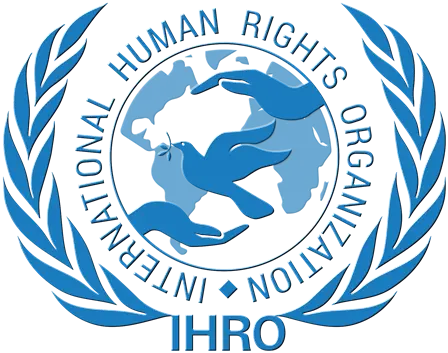The Obligation of Governments to Protect Human Rights During Military Emergencies
On our website, we offer a comprehensive analysis of the obligation of governments to safeguard human rights in military emergencies, a topic of great importance in our section on Rights in Armed Conflict. Get ready to embark on a journey of analysis and reflection on this significant issue. Would you like to discover it with us?
Governments have the primary responsibility to guarantee the human rights of their citizens, even in times of military emergencies. However, in these circumstances, human rights may be at risk, and it is imperative that governments ensure that security measures do not infringe fundamental rights.
Government Responsibilities:
- Respect for Human Rights:
Governments must respect human rights, even during military emergencies. This means not allowing armed forces or other state authorities to commit abuses.
- Protection of Rights:
Governments must protect human rights, taking measures to prevent violations and ensure that victims can access justice.
- Due Due Process:
During military emergencies, human rights may be limited, but limitations must be necessary, proportionate, and respect due process.
- Accountability:
Governments must be held accountable for human rights violations committed during military emergencies and must investigate and punish those responsible.
- International Cooperation:
Governments must cooperate with international bodies, such as the UN Security Council, to prevent and address human rights violations.
Human Rights in Emergency Situations:
- Fundamental Rights:
Although rights may be limited in exceptional circumstances, certain rights, such as the right to life, the prohibition of torture, and the prohibition of slavery, must be protected at all times.
- Legal Restrictions:
Restrictions on human rights must be established by law, necessary for public safety, and proportionate to the threat.
- Access to Justice:
Victims of human rights violations during military emergencies must have access to justice mechanisms, such as courts and human rights bodies.
Examples of Human Rights Violations during Military Emergencies:
- Extrajudicial Executions:
The unlawful use of force by the armed forces against civilians.
- Enforced Disappearances:
The capture and disappearance of persons by the armed forces or armed groups.
- Violations of Freedom of Expression:
Censorship of the media and the persecution of government critics.
- Denial of Access to Humanitarian Assistance:
The impediment to the delivery of aid to victims of conflict or disasters.
- Conclusion:
Governments have an inescapable responsibility to protect the human rights of their citizens, even in times of military emergency. They must take measures to prevent violations, guarantee victims access to justice, and hold them accountable for any abuses committed.
Concluding Thoughts: The Significance of Safeguarding Human Rights During Crisis Situations
Currently, the safeguarding of human rights amid military crises presents a significant challenge for the international community. It is essential to recognize that the obligation to uphold human rights during such emergencies falls not solely on governments, but also on each member of society. We must consistently promote justice, equality, and human dignity, acknowledging that our efforts can influence the protection of the essential rights of every individual.


 IHRO NEWS
IHRO NEWS